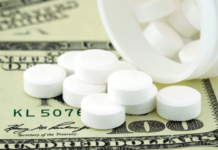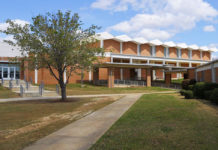Drug addiction treatment can help addicted people overcome emotional and behavioral difficulties, develop a high self-esteem, manage stress and deal with other mental disorders related to drug abuse. Drug addiction is avoidable if the addict does his or her part in battling addiction. The most important step is for the addict to admit to and seek help from, a trusted medical professional, preferably an addiction specialist. Drug addiction is the result of a brain chemical called dopamine. This chemical gets out of balance when the user engages in repeated drug use.
Drug addiction has many physical and psychological effects, including: hallucinations, delusions, paranoia, hallucinations, irritability, anxiety, aggression, impulsiveness, increased blood pressure, decreased respiration, and so on. One of the major mental disorders caused by drug abuse is depression. A depressed person who has stopped using drugs can become paranoid, and have violent mood swings. Other mental illnesses caused by drug use include panic attacks, psychosis, bipolar disorder, obsessive-compulsive personality disorder, eating disorders and alcoholism. Withdrawal from addictive substances can also lead to many mental disorders.
There are two main types of addiction treatment: behavioral and medication. The behavioral type of treatment involves various approaches, including therapy, counseling, group activities and medication. Medication is also used to control drug cravings, to reduce the withdrawal symptoms and to boost the patient’s confidence. Both of these treatments are very effective in getting rid of drug cravings and improving the overall mental condition of the patient. However, some patients may not respond well to either of these treatments.











